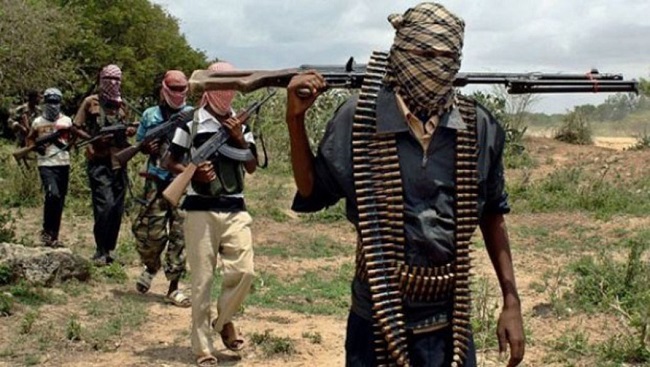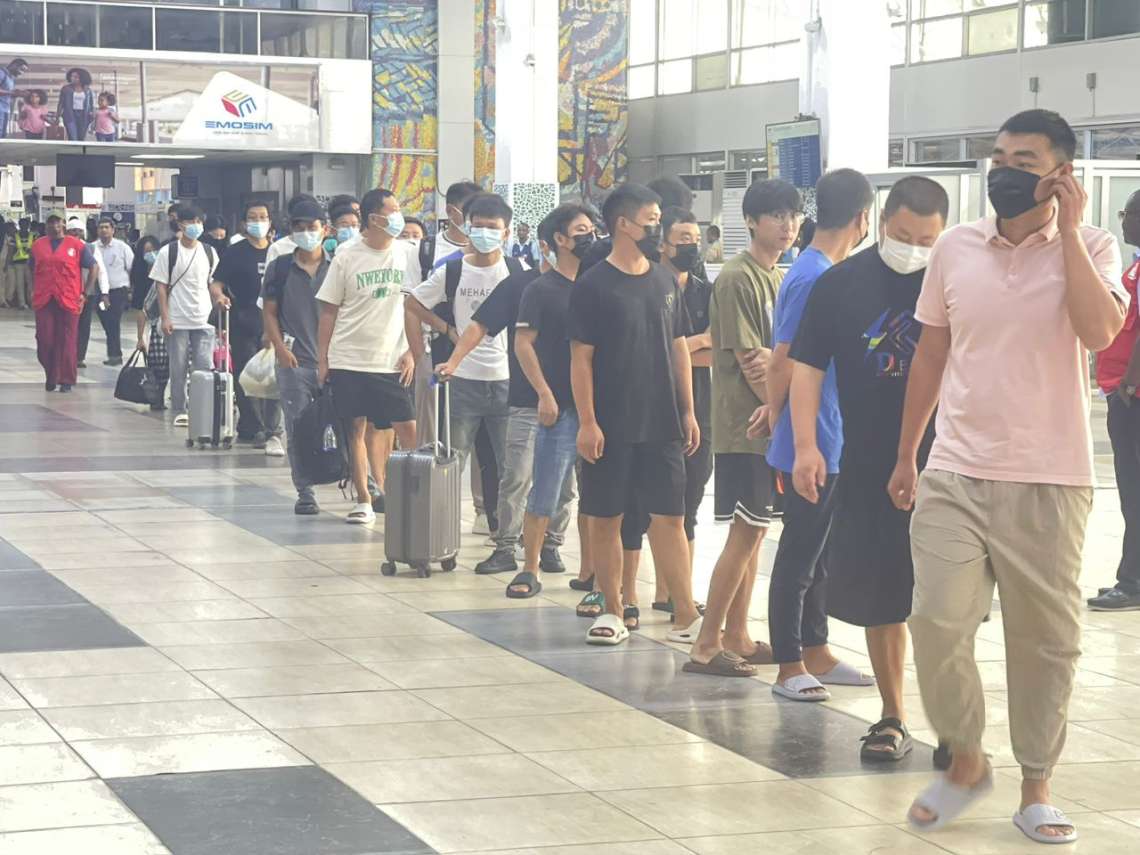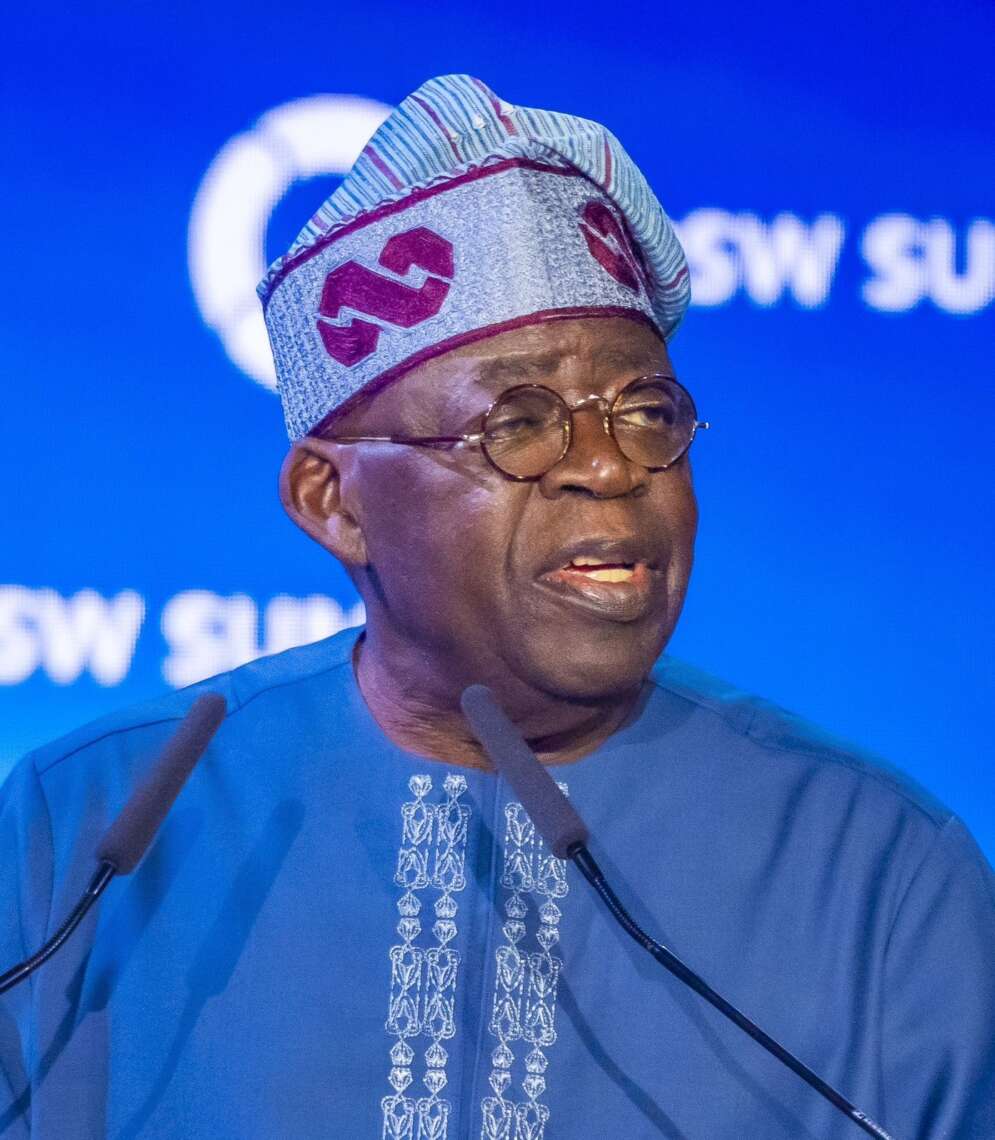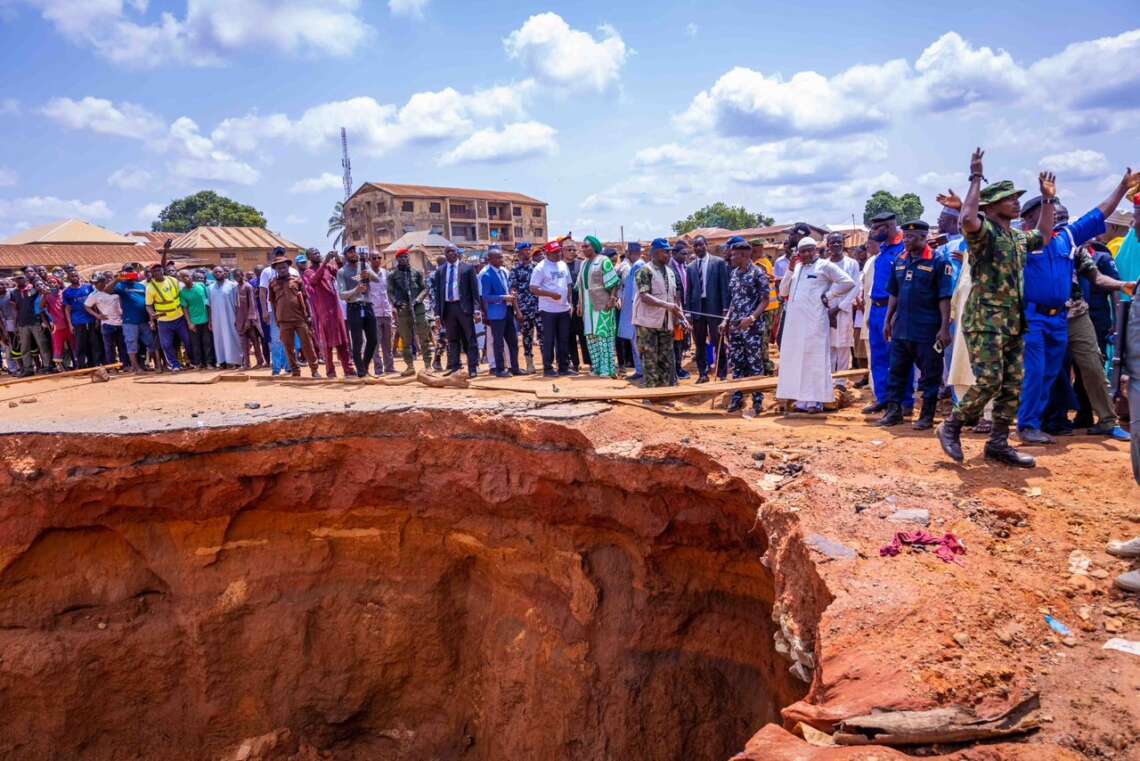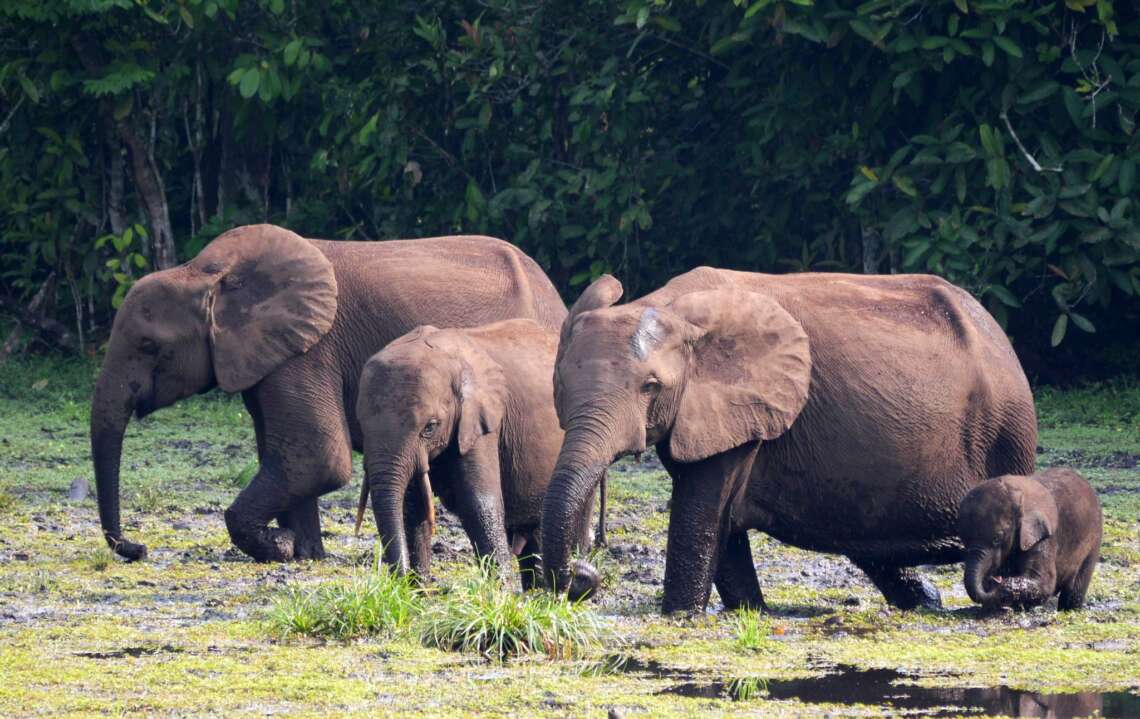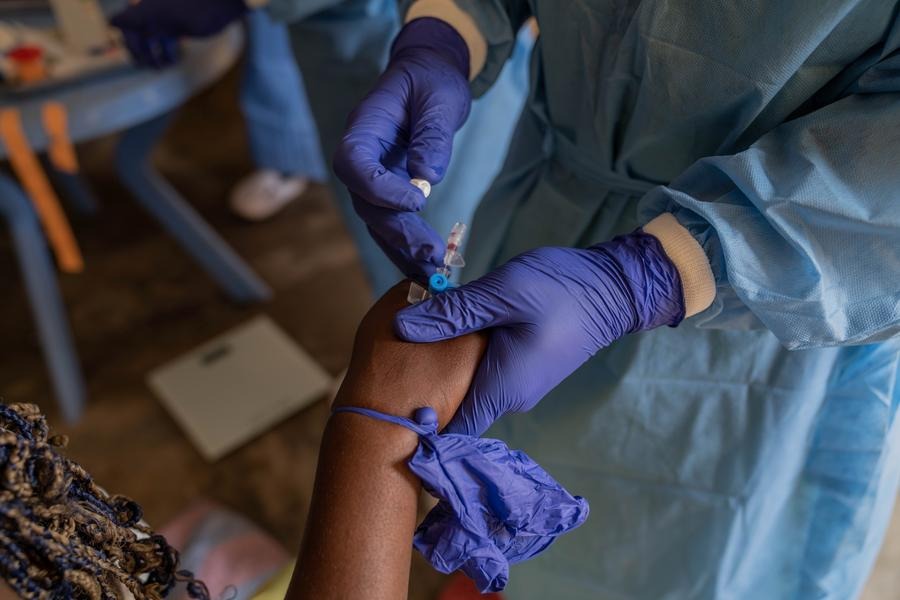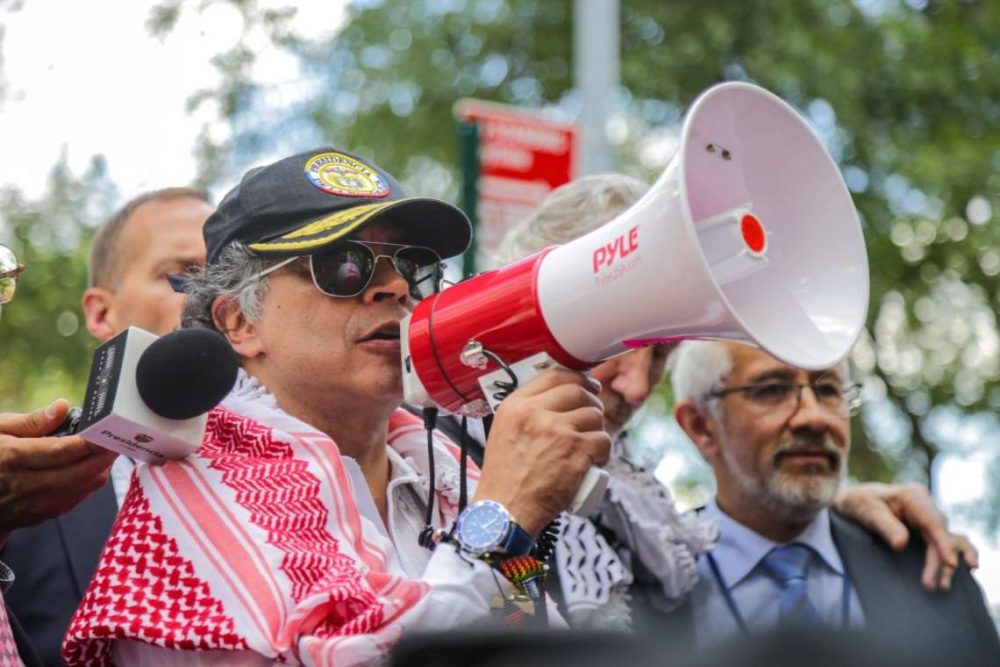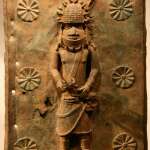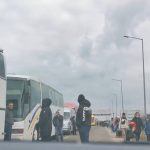Amnesty International said that more than 20 vehicles and trucks were set ablaze during the Thursday attack along the Okigwe-Owerri highway in Imo state
At least 30 people have been killed after gunmen attacked travelers on a major highway in the southeastern part of Nigeria, rights group Amnesty International said.
The rights group said that more than 20 vehicles and trucks were set ablaze during the Thursday attack along the Okigwe-Owerri highway in Imo state. Police confirmed the attack but not the death toll. No group has claimed responsibility for the attack, but police suspect the Eastern Security Network, the paramilitary wing of the proscribed separatist group Indigenous People of Biafra.
The secessionist campaign in southeastern Nigeria dates back to when the short-lived Republic of Biafra fought and lost a civil war from 1967 to 1970 to become independent from the West African country. An estimated 1 million people died in the conflict, many from starvation.
The rights group said “international law requires the Nigerian government to promptly investigate unlawful killings with a view to bringing perpetrators to justice.”
One suspect connected to the attack was killed in a joint operation by law enforcement agencies, police spokesperson Okoye Henry said in a statement.
“An intensive manhunt is ongoing to apprehend the fleeing suspects and bring them to justice,” Henry said. Two of the group’s prominent leaders, Nnamdi Kanu and Simon Ekpa, are in custody in Nigeria and Finland, respectively.
Kanu is standing trial on a seven-count charge bordering on terrorism and treasonable felony. He has pleaded not guilty to the charges. The Nigerian government said Friday it has not begun extradition proceedings but is in talks with Finnish authorities to ensure Ekpa is held accountable for his alleged actions.
For many years Nigeria — Africa’s most populous nation with at least 210 million people — has been wracked by violence related to the activities of armed extremist groups.
Last week, at least 26 people were killed as a truck hit an improvised explosive device in Nigeria’s restive northeast. The blast on Monday killed men, women and children in Borno State, near the border with Cameroon, according to the military and residents.
The region has been plagued for decades by armed groups including the ISIL affiliate in West Africa Province (ISWAP) and Boko Haram, with violence flaring up in recent days.
“Twenty-six people died in the blast, comprising of 16 men, four women and six children,” a military officer speaking on condition of anonymity said, adding that three further passengers were severely injured. Borno State police offered no immediate comment.
The International NGO Safety Organisation, which provides security to foreign NGOs in northeast Nigeria, said in an internal memo seen by the Reuters news agency that vehicles moving between the towns of Rann and Gamboru Ngala hit an improvised explosive device (IED). “I took part in the funeral of the 26 people killed in the explosion; most of them were burned beyond recognition,” Akram Saad, a resident of the nearby town Rann said. A video showed rows of bodies in white plastic bags laid on the floor of the morgue at Rann’s general hospital.
ISWAP and Boko Haram have been battling Nigerian security forces for years in the northeast and often use IEDs to target civilians and security forces. Boko Haram’s uprising has plagued the area for the past 15 years, killing more than 40,000 people. The government has asserted that the groups are largely defeated, despite the persisting attacks.
ISWAP is also active in northern Borno and has launched sporadic ambushes on convoys and planted landmines along its highways. Monday’s deadly blast comes amid a flare-up of violence in northeast Nigeria in recent days, with the death toll rising to at least 50 people.
Boko Haram killed about 10 “vigilantes” from the Civilian Joint Task Force (CJTF) in the state of Adamawa, sources reported earlier on Monday. On Thursday, the group killed 14 farmers in Borno’s Gwoza district, a local official said.
Borno State governor Babagana Umara Zulum on Friday told Nigeria’s defence minister and military chiefs that Boko Haram and ISWAP were entrenching themselves in Lake Chad islands, Sambisa Forest and Mandara mountains on the border with Cameroon as a result of “military setbacks”. Meanwhile, on Tuesday, Nigeria’s military appointed Major General Abdulsalam Abubakar as its 15th commander in the fight against the groups in the northeast, a spokesperson for the operation said in a statement.


